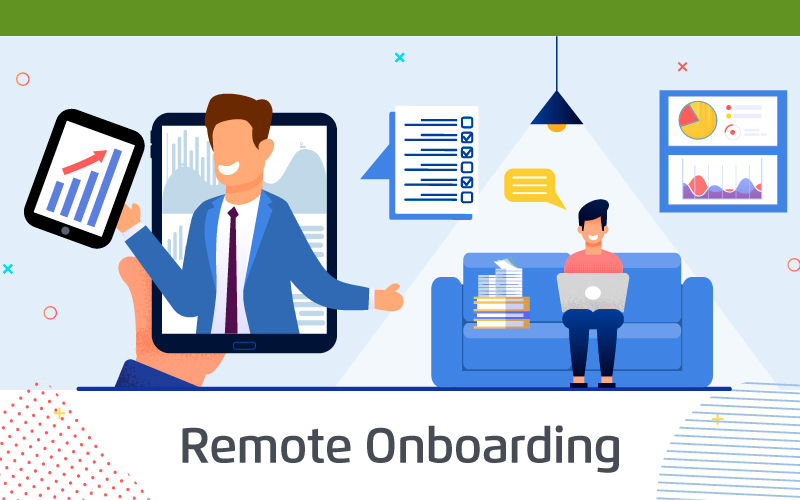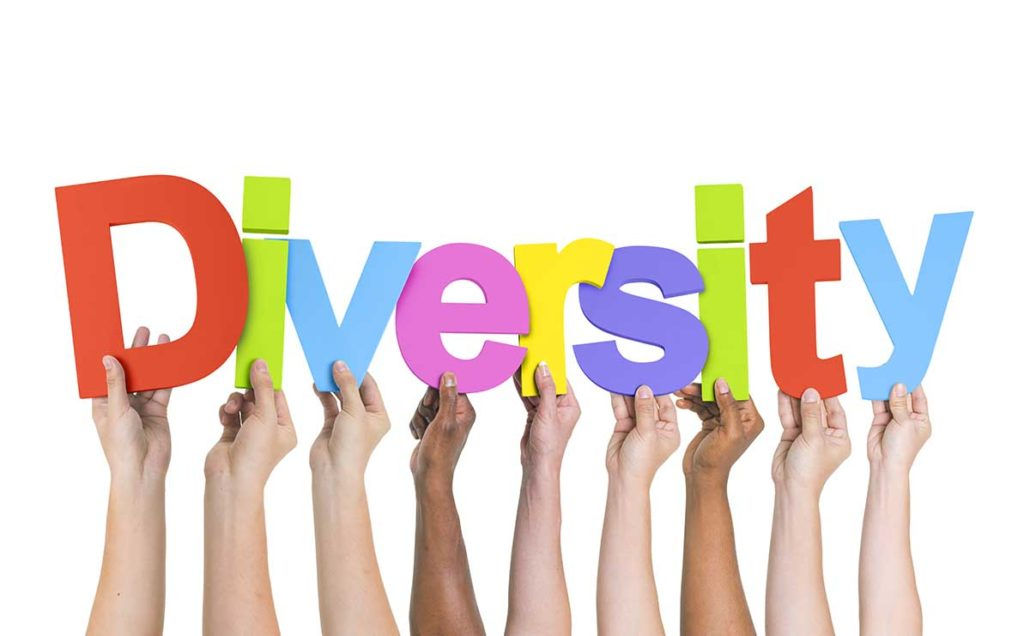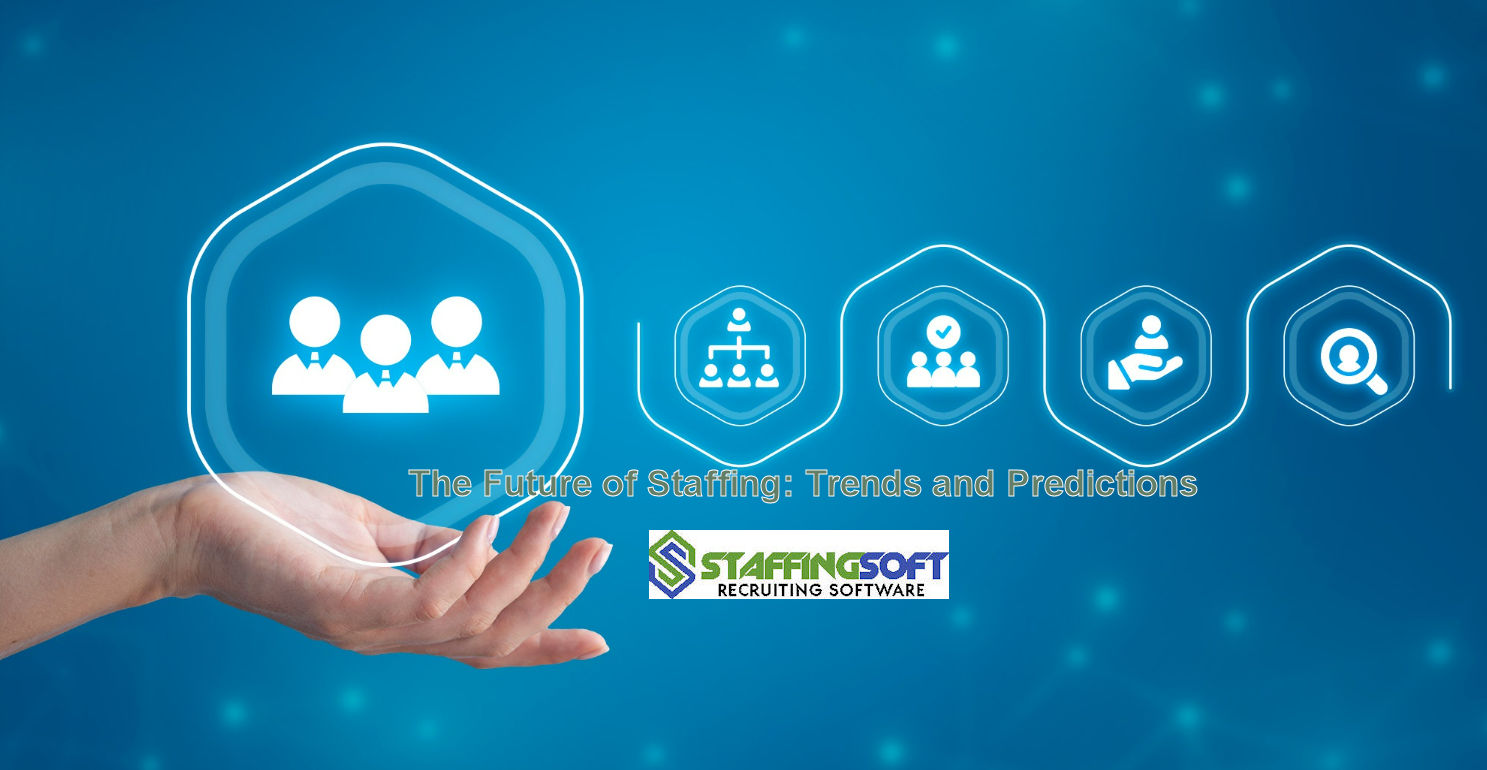The staffing industry, like many others, is undergoing a significant transformation driven by technological advancements, changing workforce dynamics, and evolving expectations of both employers and job seekers.
As we move forward into the future, new trends and technologies are set to reshape recruitment processes, enabling companies to streamline their hiring strategies and find the best-suited candidates more efficiently than ever before.
In this blog post, we will delve into some of these emerging trends and make predictions about how they will shape the future of staffing.
-
Artificial Intelligence and Automation
Artificial Intelligence (AI) and automation have already made significant inroads into the staffing industry, and their influence is expected to grow even further. AI-powered recruitment software makes it possible to automate repetitive tasks such as resume screening, applicant tracking, and even initial candidate interviews.
By using algorithms to analyze resumes and match them to job requirements, AI speeds up the candidate screening process, eliminating bias and saving recruiters’ valuable time.
Predictably, AI will transform the future of staffing by allowing businesses to focus on critical aspects of recruitment such as assessing cultural fit and conducting in-depth interviews with top candidates.
AI-driven chatbots are also likely to become more prevalent in recruitment, providing instant and personalized responses to candidates’ queries, enhancing their experience and building engagement.
-
Data-Driven Recruitment
Data analytics has become increasingly important in various industries, and staffing is no exception.
By analyzing historical hiring data, turnover rates, and candidate feedback, agencies can make informed choices that lead to better hires and improved candidate experiences.
Recruiting metrics and data analytics tools enable organizations to gain insights into the effectiveness of their hiring strategies, helping them make data-driven decisions.
Looking ahead, data-driven recruitment will become the norm rather than the exception. The reliance on data will intensify, leading to the creation of predictive models that can identify potential issues in the recruitment process and suggest corrective measures.
By utilizing analytics tools, employers can determine the most effective sourcing channels for their industry, identify ideal candidate profiles, and measure the success of their recruitment campaigns. These insights will allow organizations to optimize their hiring processes, reduce time-to-hire, and ensure they are targeting top talent effectively.
-
Remote Work and the Global Talent Pool
The COVID-19 pandemic has caused a significant shift towards remote work, and it is expected to have long-lasting effects on the future of staffing. As companies recognize the benefits of remote work, they are increasingly open to hiring talent from anywhere in the world.
Geographical boundaries are becoming less relevant as remote work allows organizations to tap into a global talent pool.
This presents a tremendous opportunity for both employers and job seekers, as remote work eliminates geographical limitations and allows companies to tap into a global talent pool.

Moreover, the demand for flexible work arrangements is expected to rise. Many candidates, particularly millennials and Gen Z, prioritize flexibility and work-life balance, and companies will need to adapt to attract and retain top talent.
Offering flexible work arrangements, whether through remote work or flexible hours, will become essential in attracting highly skilled candidates in the future.
Hybrid work models will become the norm, and companies will prioritize candidates who exhibit strong communication and collaboration skills, as remote teamwork becomes essential. As a result, staffing agencies will play a vital role in helping companies find candidates who can excel in remote and hybrid work environments.
-
Candidate Experience and Employer Branding
In today’s competitive job market, the candidate experience and employer branding play a significant role in attracting and retaining top talent. Candidates expect a seamless and engaging recruitment journey, and employers need to create a positive impression throughout the process.
In the future, candidate experience will take center stage, driving companies to invest in technologies and strategies that enhance the recruitment journey. This can include personalized communication, feedback, and transparent hiring processes. Additionally, organizations must focus on building and maintaining a strong employer brand, showcasing their unique company culture and values.
This will help attract passive job seekers and keep them engaged even before they consider switching jobs.
-
Gig Economy and Skill-Based Hiring
The rise of the gig economy has already reshaped the traditional employer-employee dynamic, and its influence is set to grow in the future. Organizations are increasingly embracing freelancers, contractors, and project-based workers to meet their business needs.
This shift allows companies to access specialized skills on-demand and maintain agility in their workforce.
In the future, skill-based hiring will become the norm rather than focusing solely on degrees or previous job titles. With increased access to online learning platforms and the continuous need for upskilling and reskilling, candidates will be evaluated based on their abilities to perform specific tasks rather than their formal education.
This not only ensures a better fit between candidates and job requirements but also promotes diversity and inclusion in the workplace.
-
Diversity, Equity, and Inclusion Drive Recruitment Strategies

Diversity, equity, and inclusion (DEI) are no longer just buzzwords; they are driving forces behind successful recruitment strategies. Companies are recognizing the importance of building diverse teams that bring a wide range of perspectives and experiences to the table. Staffing agencies are playing a pivotal role in helping companies attract and retain diverse talent.
DEI initiatives will continue to be a priority, prompting staffing agencies to adopt more inclusive practices in their recruitment processes. These agencies will actively source candidates from underrepresented groups, implement blind recruitment techniques, and provide training to help clients create inclusive work environments.
DEI will not only shape recruitment strategies but also influence company culture and brand reputation.
In conclusion, the future of staffing is set to be driven by emerging trends and technologies that streamline recruitment processes and enhance candidate experiences. AI and automation, data-driven recruitment, remote and flexible work, candidate experience, and skill-based hiring are just a few of the advancements shaping the industry.
To stay ahead, companies must embrace these trends and adapt their hiring strategies accordingly. By leveraging these developments, businesses will be better positioned to attract and retain top talent in an ever-evolving job market.


